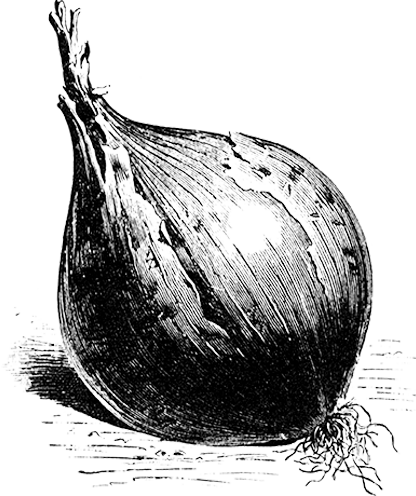Information
Extra early summer-to-autumn leeks from Bulgaria, known for having the longest stems we've seen. While 50 cm is typical, some can grow significantly longer. Their vibrant green color sets them apart from most other leeks. These leeks have a mild, delicate flavor and yield a generous harvest that should be consumed before the first frost arrives. Also known by the scientific name Allium ampeloprasum.
One portion contains about 150 seeds.
| Product number: | 6250 |
|---|---|
| Scientific name: | Allium ampeloprasum |
| Botanic family: | Amaryllis plants - Amaryllidaceae |
| Organic: | Yes |
| Days to maturity: | 90 |
| Lifespan: | Biannual |
| F1 Hybrid: | No |
| New variety: | No |
| Sowing time: | Pre-cultivate: February–April |
| Sowing depth: | 1 cm |
| Germination temperature: | 15-22 degrees |
| Germination time: | 10-20 days |
| Plant spacing: | 10-20 cm |
| Row spacing: | 45-60 cm |
| Height: | 50-120 cm |
| Plant location: | Sun–Half shade |
| Harvest/blooming: | September–December |
| Seeds/g: | 300-400 seeds |
| Heirloom variety: | No |
Cultivation advice
Sowing
Leek should be sown in February-April indoors or in beds. If indoors put them in the frisge for 3 days, then keep 15-20 degrees. The seeds germinate faster if they are soaked in tepid water for 24 hours before sowing. Dry them and sow ab. 1 cm deep thinly. If the seedlings are too close together they easily grow tall and lanky. The leek also becomes stronger if the tops are cut down to ab. 6cm during the first 4-6 weeks. The seedlings should be in a light, airy, quite cool place during pre-cultivation. If the seedlings are pre-cultivated indoors they must be tempered successively for a week or so before setting out which takes place when the risk of frost is over and the soil has warmed up a bit. The risk of bolters grows if the seedlings have to endure temperature chocks. Leeks can only be sown directly in the plot in the southernmost part of the country and as early as possible.Spacing
Keep a few cm between the seedlings during pre-cultivation and 10-20 cm between the plants in the plot and 45-60 cm between the rows. The leek seedlings should be set out deeply each in its own hole or in furrows and then banked up with soil, hay or the like several times during the season. This stimulates the growth point to move upwards making a longer white neck possible.Harvest
Many sorts of leek are fully hardy in winter and can remain outdoors the winter through but they do freeze stuck if the soil isn't covered with thick layers of hay or straw. Cold is not the greatest threat to wintering leeks, however, humidity is. Harvest wintered leeks before they begin to grow next spring! They will soon develop inedible flower stalks otherwise. Usually, leek is harvested in late autumn and heeled in a green house or in a covered hot bed or densely packed in a box of soil, sand or peat in a cold suitably damp cellar. Leeks do alright in this way far into spring. They can be frozen without parboiling too, but loose a lot that way. It is then better to dry them in pieces in an airy, warm (below 50°C) place.Seed
300-400 seeds/g. About 7 g for 1000 seedlings and 10-20 g for 100 m.One portion contains about 150 seeds.
